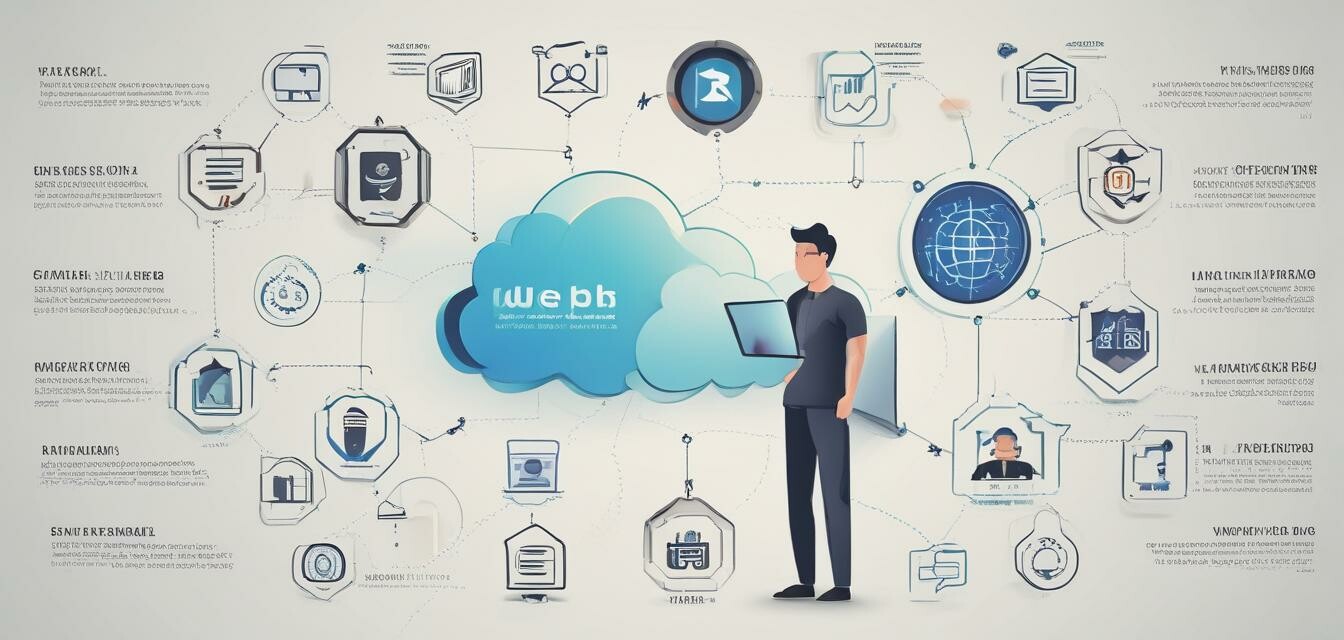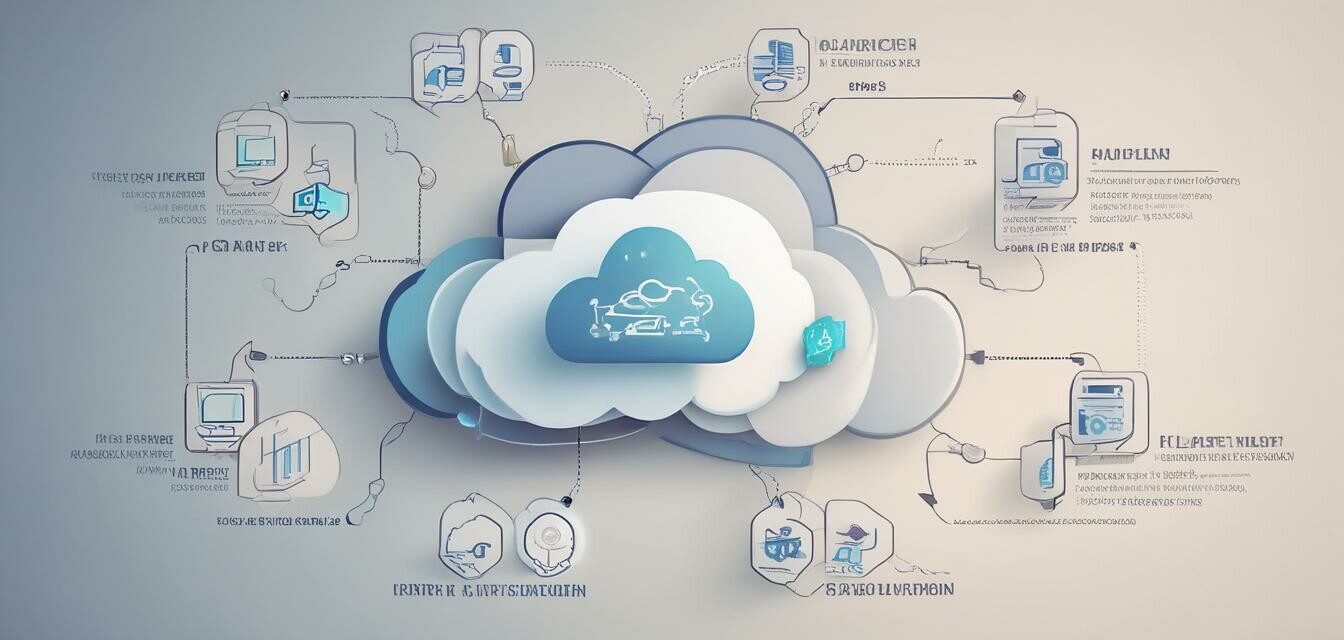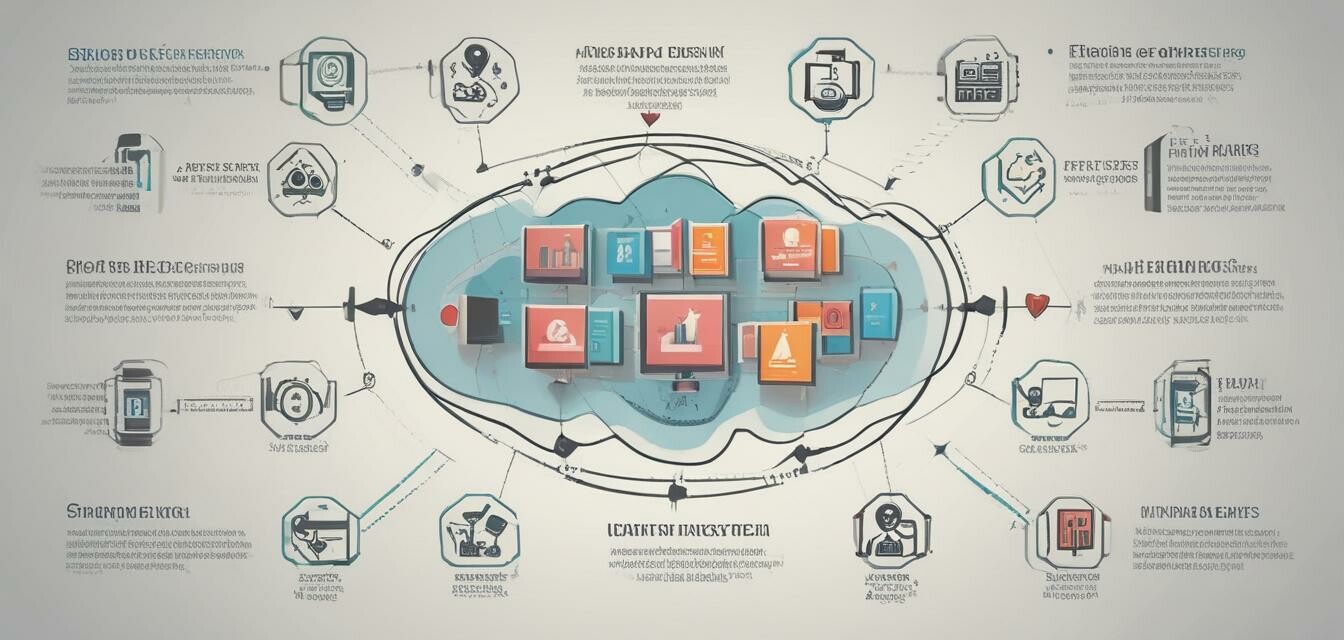
Web-Based Services: How to Create and Monetize SaaS Products
Key Takeaways
- Understanding web-based services and SaaS is crucial for modern digital entrepreneurs.
- Identifying your target market will boost your product's success.
- Effective monetization strategies include subscriptions, freemium models, and ads.
- Marketing and continuous improvement are essential for growing your service.
Web-based services are becoming increasingly popular in today’s digital landscape. These services often take the form of software as a service (SaaS) products, which facilitate a variety of tasks, from project management to resource planning. In this article, we will delve into how to create and monetize web-based services effectively.
Understanding web-based services and SaaS
SaaS is a cloud-based service where instead of installing and maintaining software, you simply access it via the internet. The advantages are numerous, including lower upfront costs, easy updates, and accessibility from any device.

Benefits of web-based services
- Accessibility from anywhere with internet access.
- Automatic updates and maintenance by service providers.
- Scalability to grow with your business needs.
- Lower startup and operational costs.
Steps to creating web-based services
1. Identify a niche and target audience
Start by conducting thorough market research. Understanding your audience’s pain points will guide your product development.
2. Develop a minimum viable product (MVP)
Your MVP should include essential features that solve the core problems of your target audience. This allows you to launch quickly and test the market.
3. Choose the right technology stack
Consider the frameworks and languages that fit your needs. Common stacks include:
| Technology Stack | Description |
|---|---|
| LAMP | Linux, Apache, MySQL, PHP - A reliable open-source stack. |
| MEAN | MongoDB, Express.js, Angular, Node.js - Perfect for JavaScript lovers. |
| Ruby on Rails | A framework that prioritizes convention over configuration, great for rapid development. |
4. Implement a monetization strategy
Decide how you want to earn from your web-based service. Some popular models include:
Pros of Different Monetization Strategies
- Subscription: Predictable revenue stream.
- Freemium: Attracts a larger user base quickly.
- Pay-per-use: Users pay only for what they need.
Cons of Different Monetization Strategies
- Subscription: Can deter price-sensitive users.
- Freemium: Conversion to premium can be low.
- Pay-per-use: Users may avoid services they might need infrequently.
Marketing your web-based service
A successful launch requires effective marketing strategies. Consider the following:
1. Content marketing
Create valuable content that addresses user pain points to attract your target audience. Blogging, webinars, and guides can help.
2. Social media
Engage with your audience across various platforms. Share updates, user testimonials, and industry news to build your brand.

3. Search engine optimization (SEO)
Optimize your website for search engines to attract organic traffic. Use relevant keywords throughout your content, and ensure your site is user-friendly.
Continuous improvement and user feedback
Feedback is essential. Regularly collect user feedback to improve your services and features. Adapting to user needs will help retain customers and attract new ones.
Learning from successful SaaS companies
Studying established SaaS companies can inspire your strategy. Companies like Dropbox! and Slack have paved the way in usability and functionality. Analyzing their growth can offer insights into industry trends.
Tips for Beginners
- Start with a clear business plan.
- Network with other entrepreneurs.
- Stay updated on market trends.
- Invest in customer service.
Conclusion
Creating and monetizing web-based services can be a fulfilling venture for any digital entrepreneur. By understanding your audience, carefully developing your product, employing effective marketing strategies, and continuously improving based on user feedback, you can carve out a successful niche in this competitive landscape.

